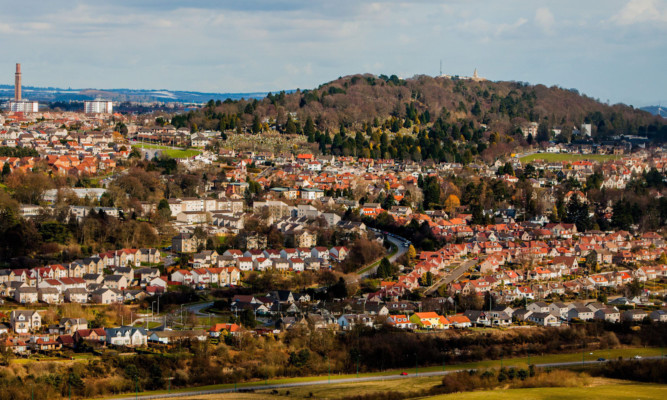Around a third of Scots never move away from the area they grew up in, according to research.
In the west of Scotland, 34% of people have lived there all their life, more than in any other part of the country.
Liking the area, family links, good transport and affordable housing were identified as key reasons for staying in a particular area, the Bank of Scotland report found.
Over a fifth of 45 to 54-year-olds and almost a quarter of 25 to 34-year-olds have remained where they grew up, but only 16% of 35 to 44-year-olds have stayed put.
In Dundee, 37% of people who have moved to the area said they did so because it is “a peaceful location”, while 53% of people living in the Highlands did so for some peace and quiet.
Moving to a nice area is most important for those living in the Lothians, with a quarter saying its location is what appeals most about where they live.
More than 3,200 people were surveyed as part of the bank’s research into housing.
Robin Bulloch, managing director of Bank of Scotland, said: “It’s not often research looks at why people live where they do, so it’s been interesting learning more about the communities we live in.
“While a good proportion of Scots have never moved away from the area they grew up in, living in an area they like has been an important factor for many.
“However, it’s evident that whatever the reason for many of us living where we do, family plays a central role in people being happy where they live.”
